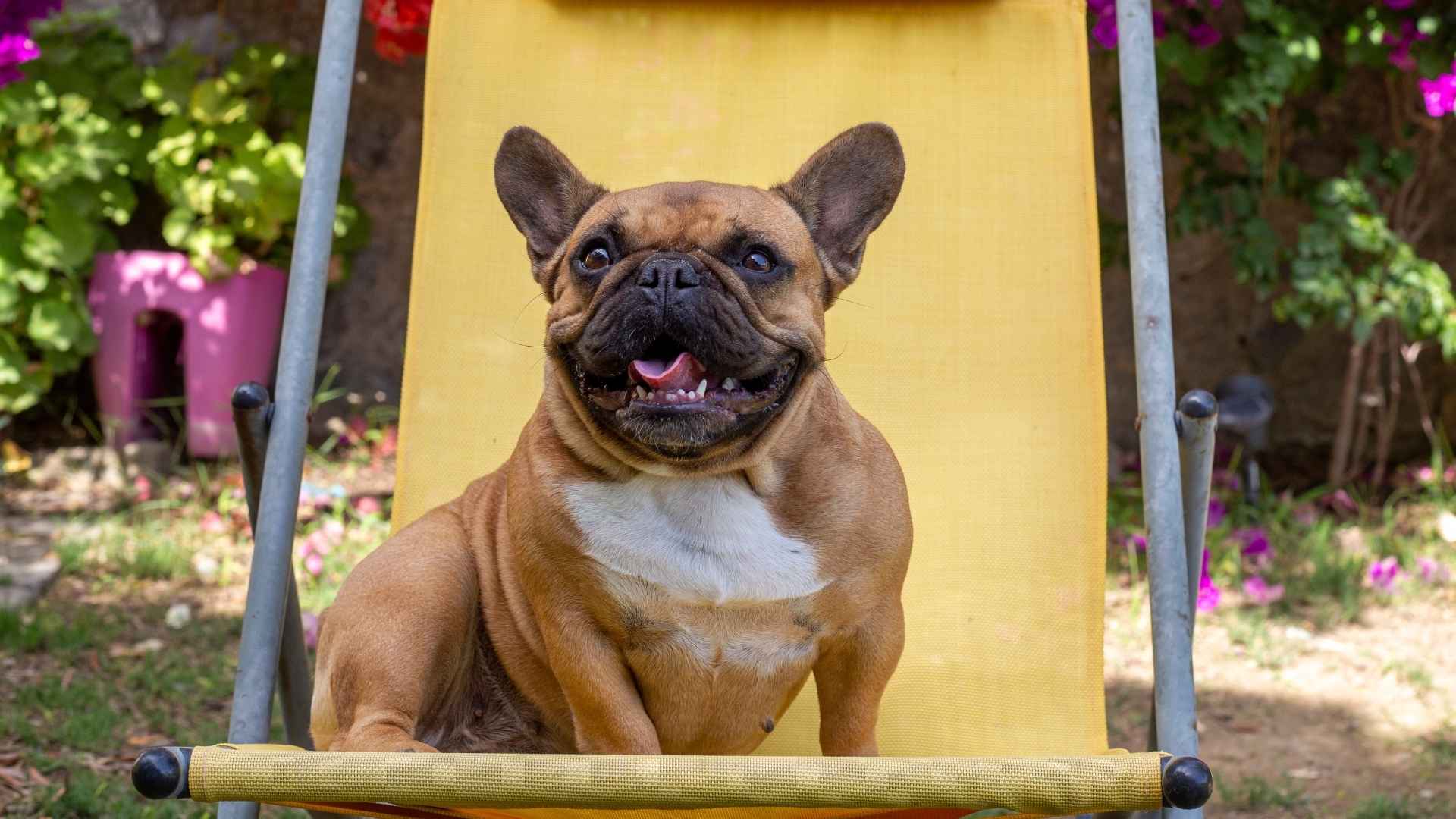Dogs have long been celebrated for their protective instincts, but not all guardians announce their vigilance with loud barks. Some breeds prefer a more subtle approach, offering a soft bark or alert when they sense danger. A study published in MDPI’s journal Electronics examined how dogs respond to threatening and neutral stimuli.
The findings revealed that certain breeds exhibit a calm demeanor, reserving vocalizations for genuine threats. This nuanced behavior underscores the diversity in canine protective strategies. Such breeds are particularly suited for environments where noise is a concern, like apartments or shared living spaces.
Their ability to discern real threats and respond appropriately makes them invaluable companions for families seeking both tranquility and security.
Dog Breeds That Bark Softly When They Sense Danger
Here are the 7 dogs:
1. Akita
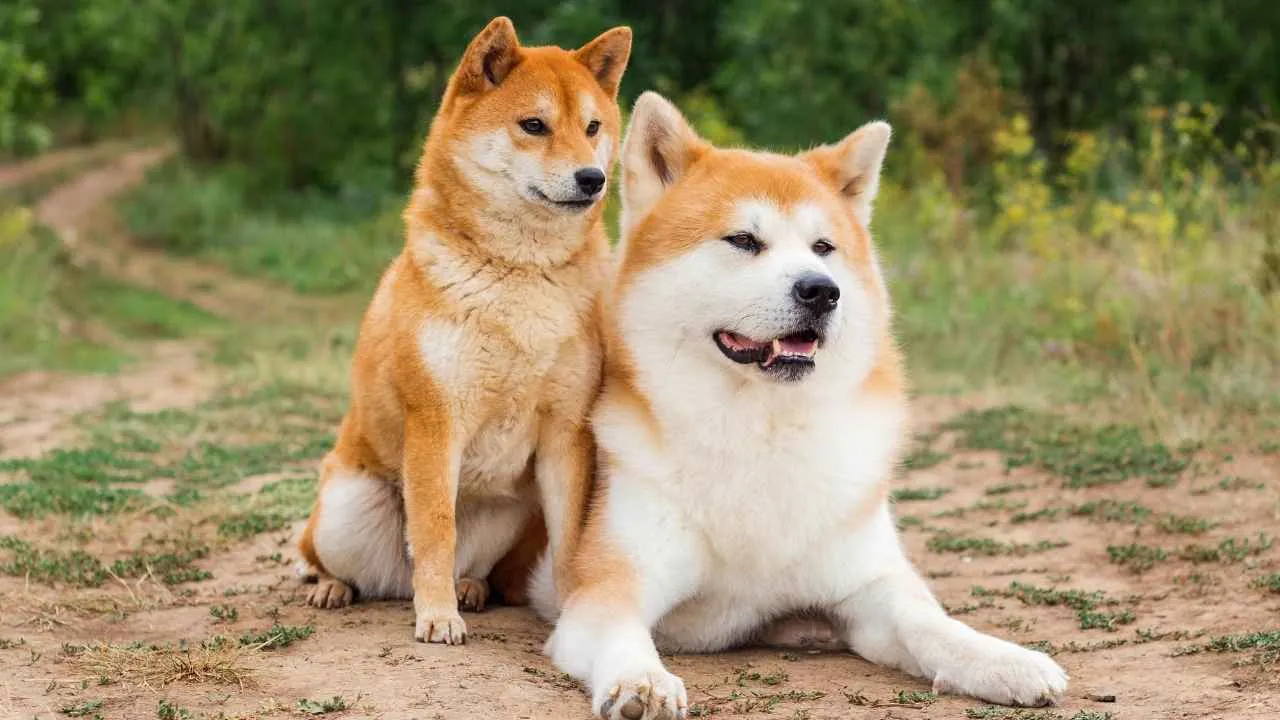
Akitas stand out in the canine world as a breed that balances quiet vigilance with strong protective instincts. Known for barking softly or only when necessary, they’re perfect for owners who want alertness without constant noise.
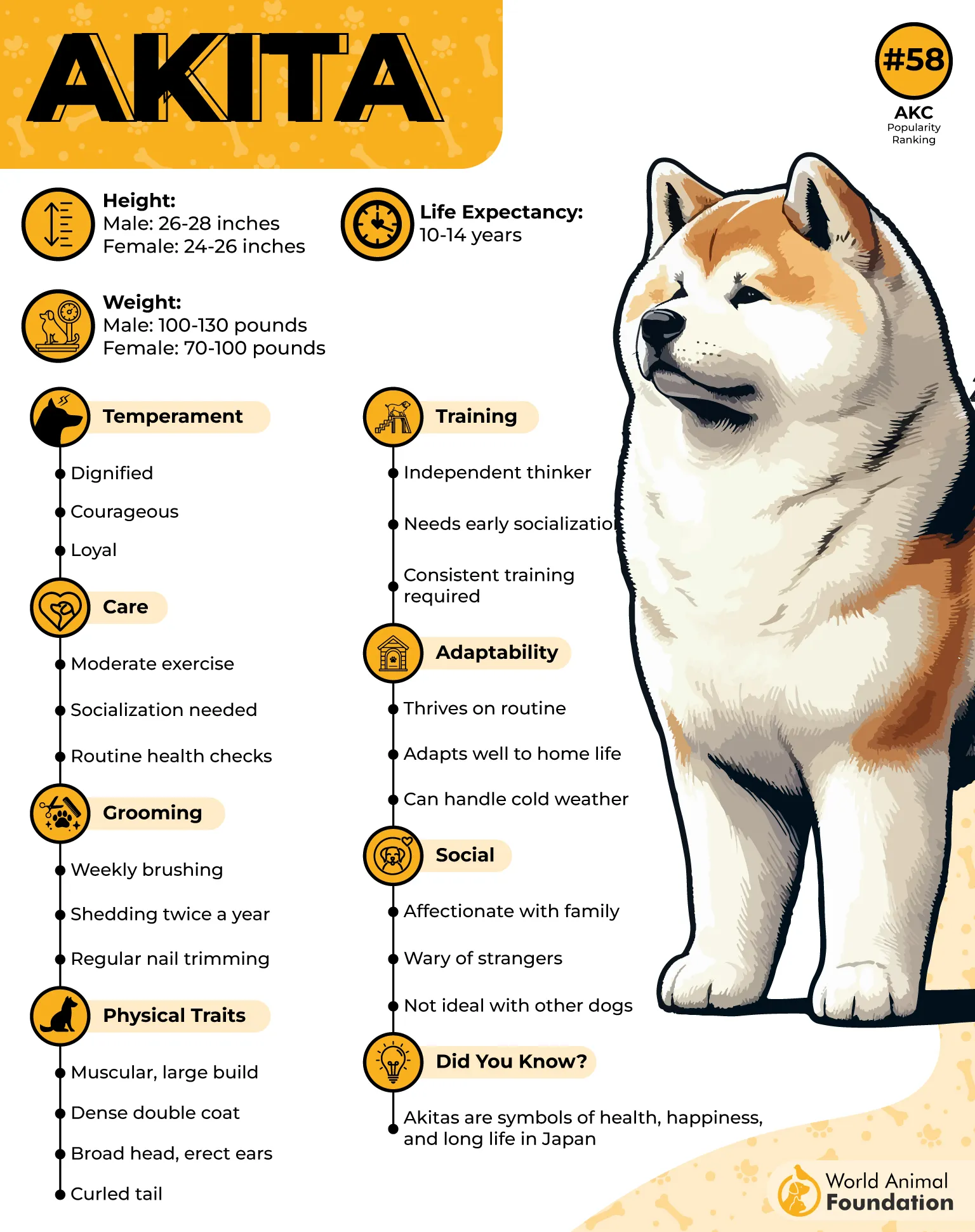
Unique Traits of the Akita
Loyalty and Bravery: Akitas are incredibly loyal to their families and show a strong protective streak when it comes to potential threats.
Independent Breed: They tend to be independent thinkers, which means training requires patience and consistency.
Clean and Groomed: Often compared to cats, Akitas maintain a natural cleanliness with their grooming habits.
Adapted to Snowy Conditions: Their thick double coat and webbed toes make them well-suited for cold, snowy environments.
Affectionate with Small Children: Despite being aloof toward strangers, they’re gentle and playful with their family, including kids.
Recognized as a national treasure in Japan, Akitas even have a dedicated museum maintained by the Akita Dog Preservation Society in Odate. According to the AKC, they were originally bred as working dogs to hunt large game such as bears and boars. They possess sharp instincts and a strong prey drive.
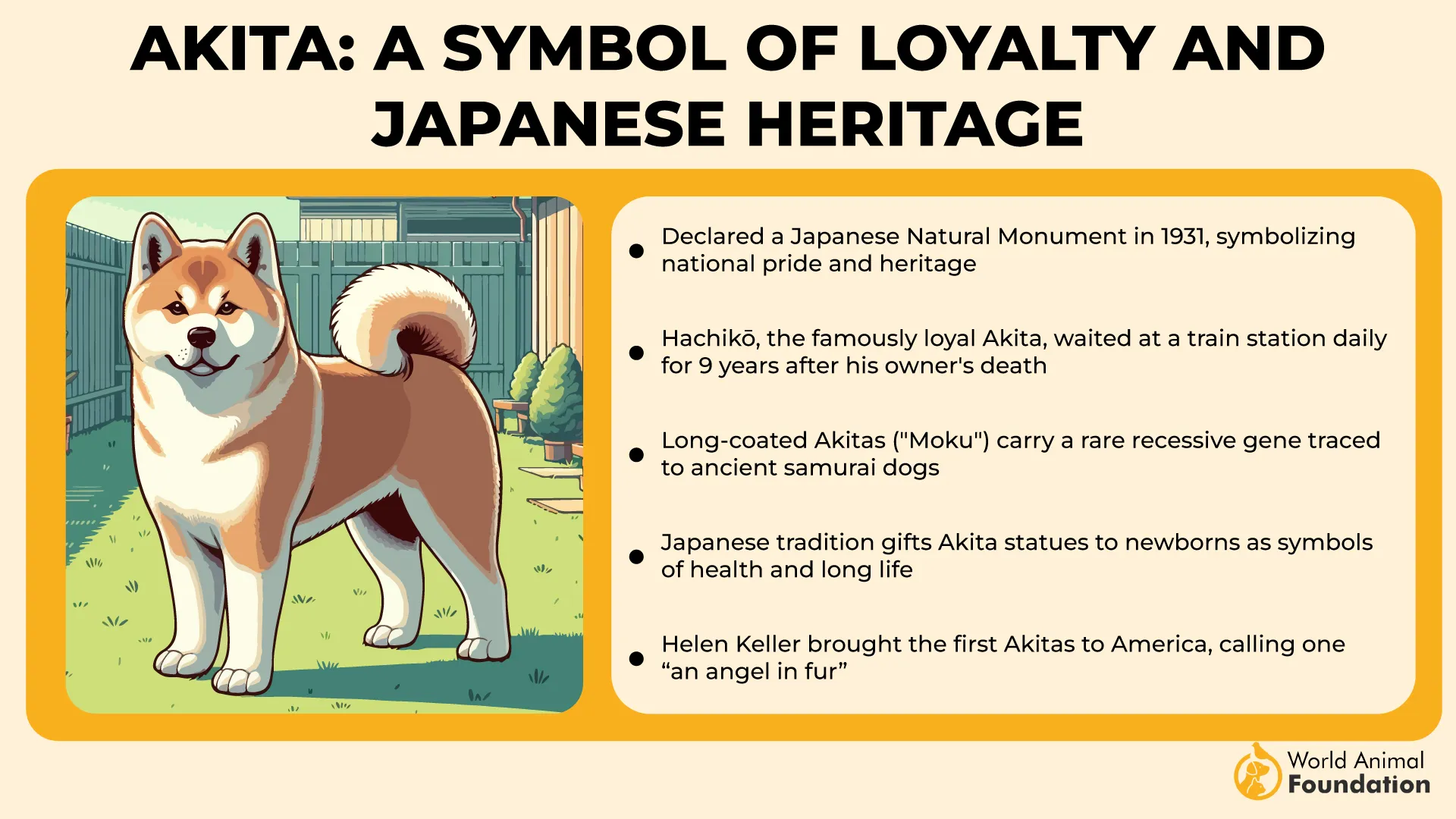
There are two main types of Akitas—the Japanese Akita Inu and the American Akita—and debate continues about whether they should be considered separate breeds. Their webbed feet not only make them excellent swimmers but also help them move easily through snowy terrain.
2. Basenji
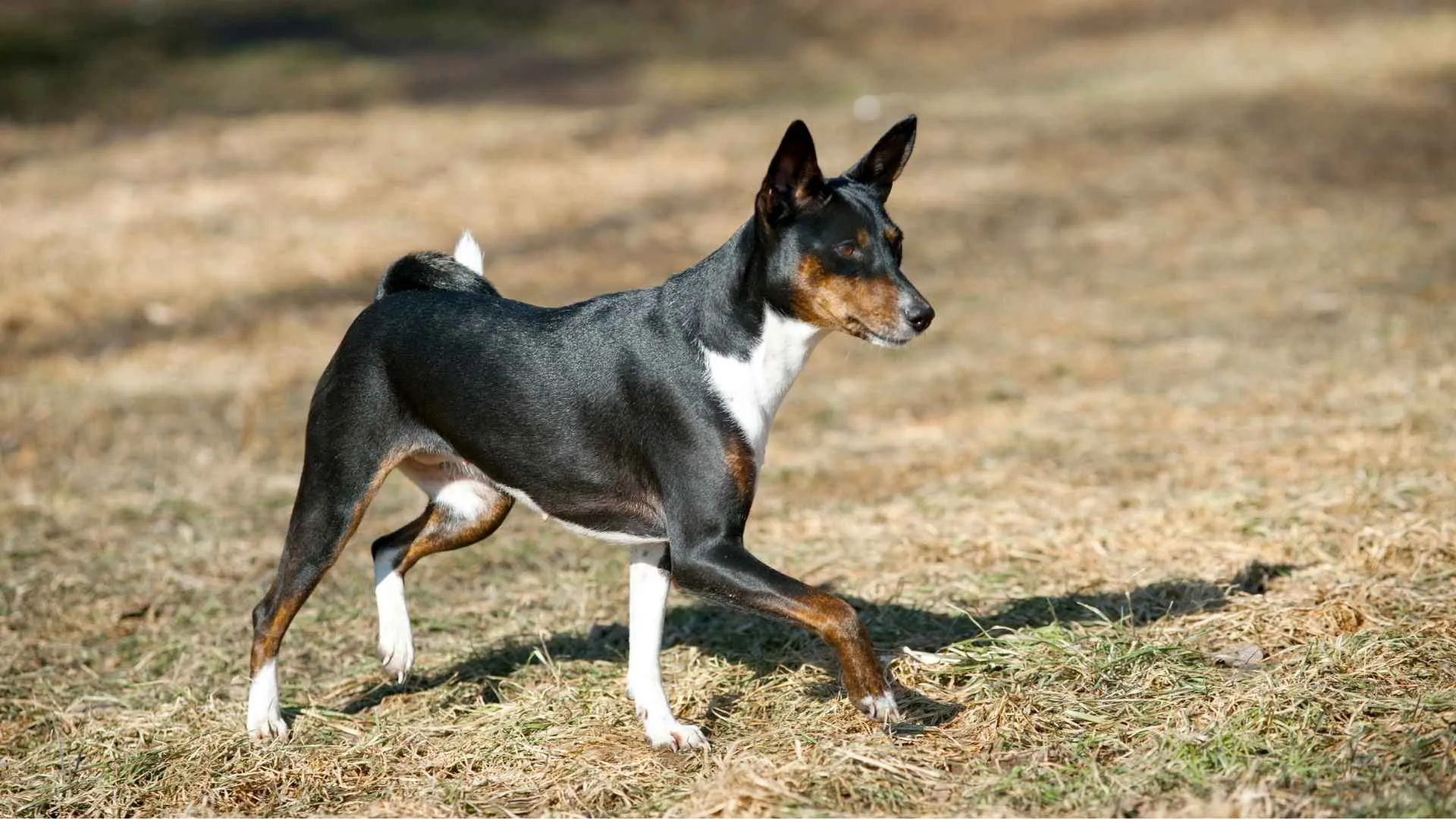
Basenjis are a standout among dog breeds that bark softly or not at all. Their alertness comes through in unusual vocalizations rather than loud barking, making them a fascinating choice for owners seeking a quieter protector.
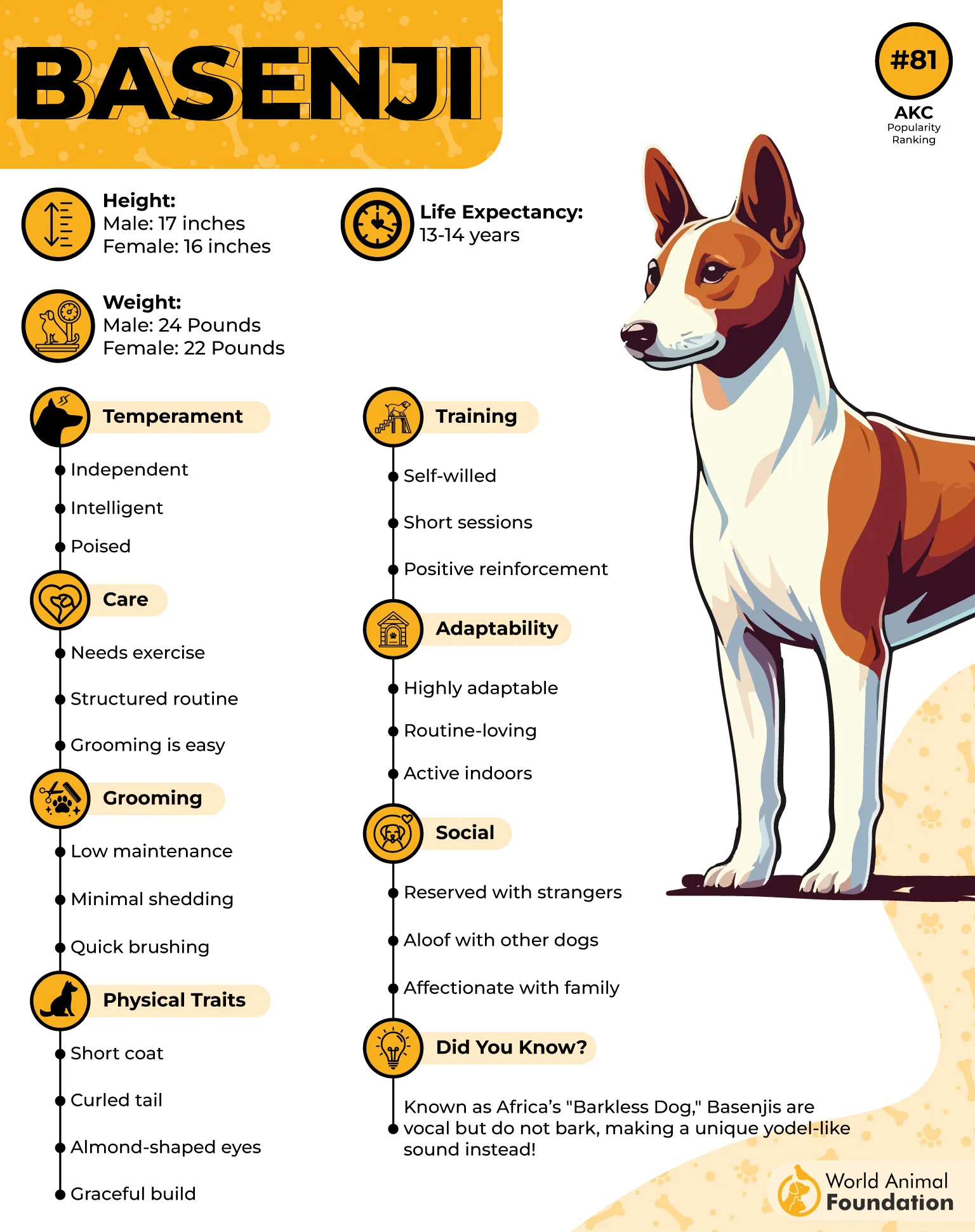
Unique Traits of the Basenji
Ancient Origins: One of the oldest dog breeds, Basenjis trace their roots back thousands of years to Africa.
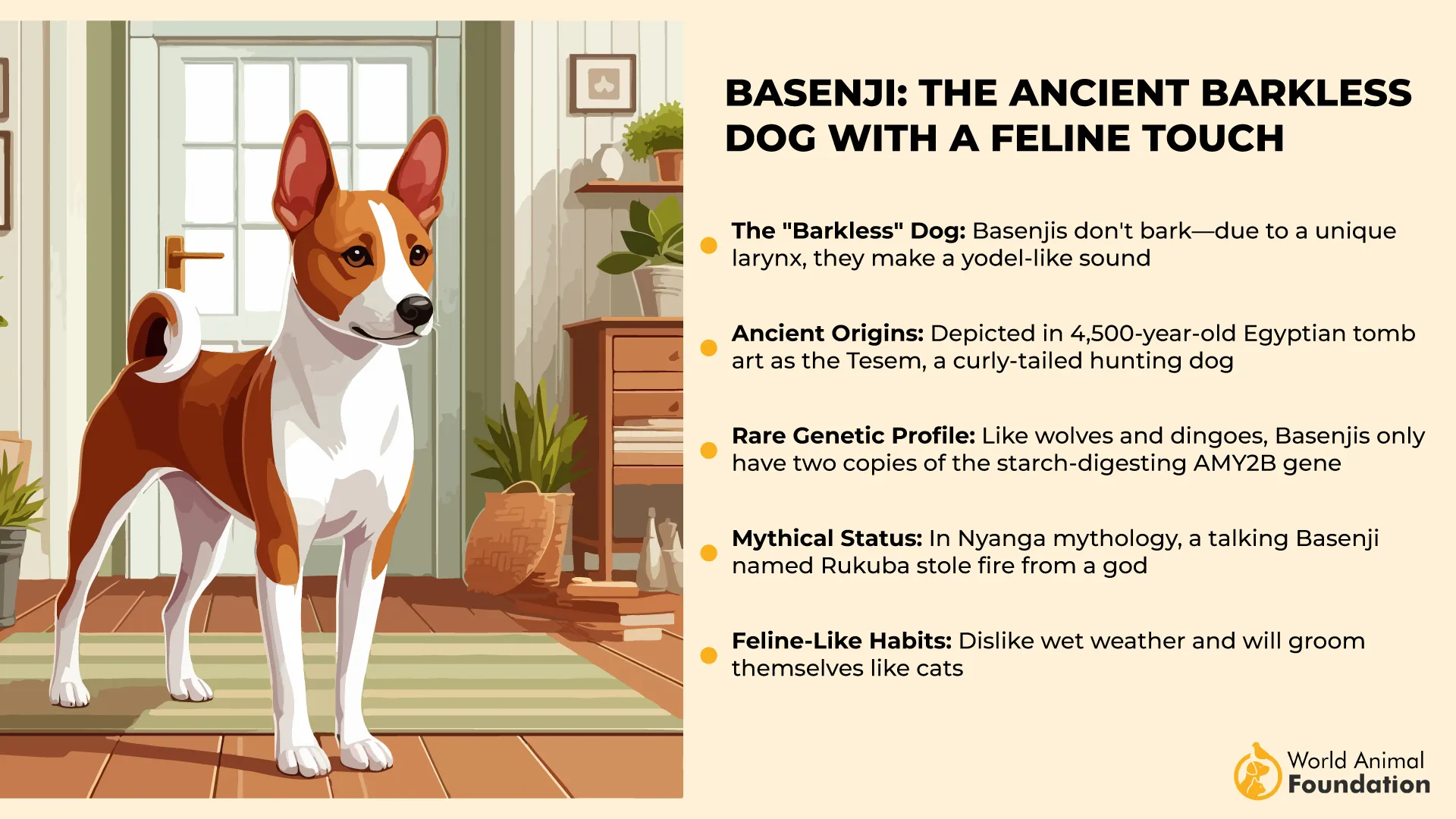
Hunting Dogs: Originally bred to flush out prey and even lure lions from their dens.
Unique Vocalizations: Instead of barking, they produce yodeling sounds, often called a “barroo.”
Cat-like Grooming: Known for cleaning themselves meticulously, much like cats.
Distinctive Appearance: Recognizable by their wrinkled foreheads and curled tails, coming in colors like red and white, black and white, and brindle.
Intelligent and Adaptable: They are smart but independent, requiring patient and consistent training.
Affectionate with Family: Aloof with strangers but protective and loving toward their own.
Basenjis have a rich history intertwined with ancient civilizations. They were highly prized in ancient Egypt, often gifted to Pharaohs as a sign of honor and status.
Their unique vocalizations, a yodel-like “barroo,” helped hunters track them in dense forests. Their independent nature can make training challenging, but their intelligence and loyalty to family make them rewarding companions.
3. Borzoi
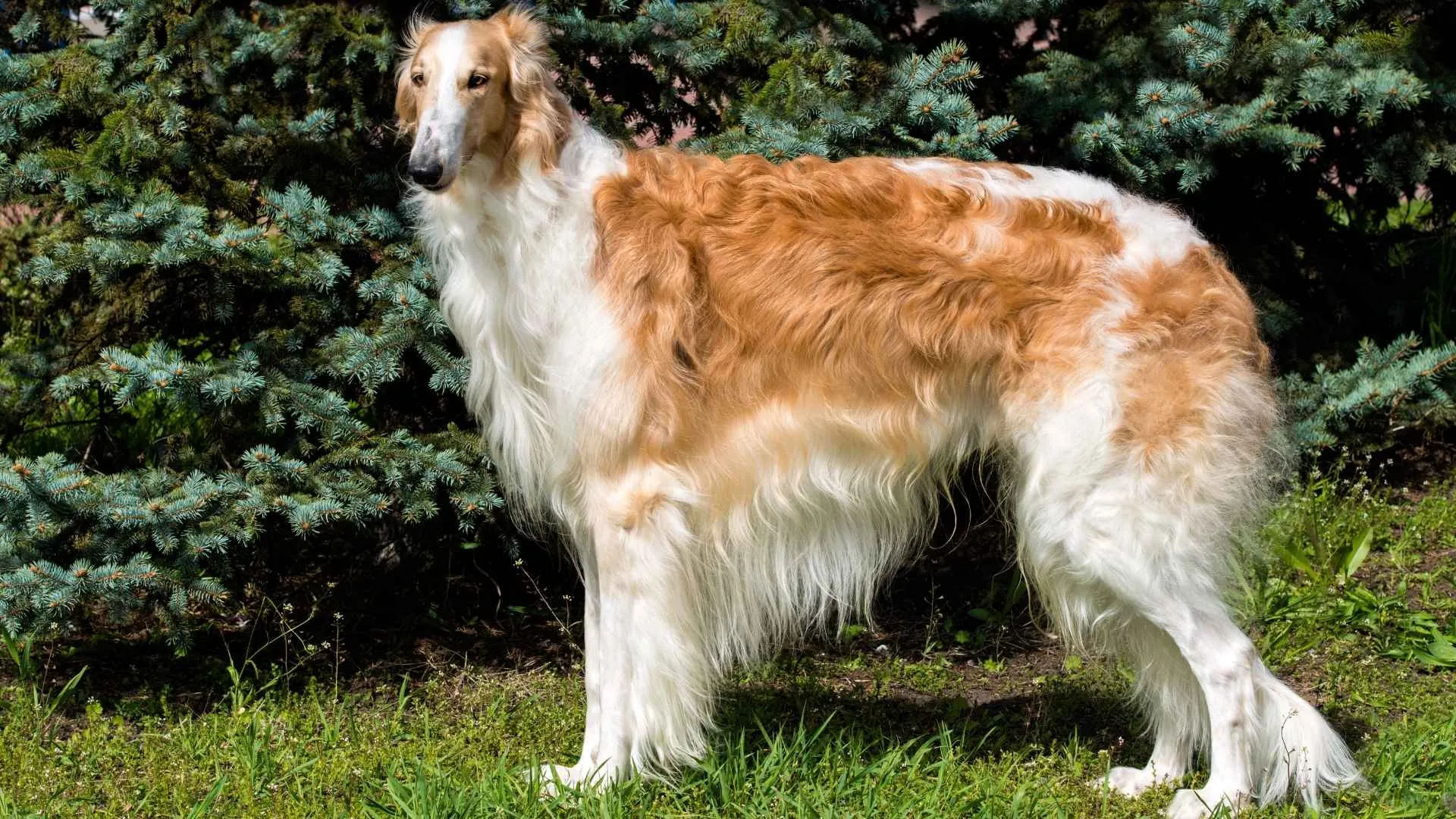
Borzoi are a breed that embodies elegance and calm, known for their quiet demeanor and sharp senses. While many dogs bark loudly at a potential threat, Borzois tend to stay alert, using their wide field of vision to monitor their surroundings quietly.
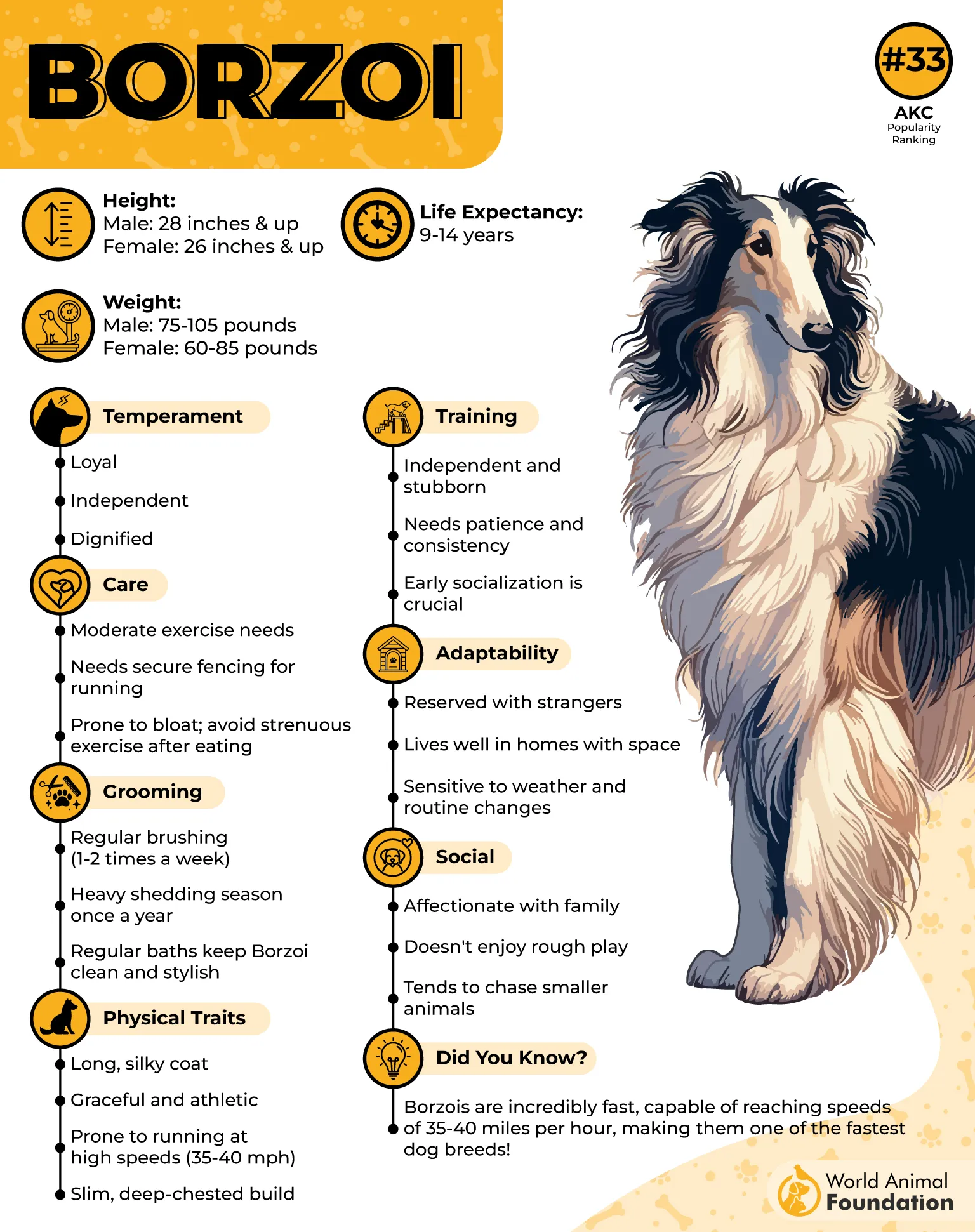
Unique Traits of the Borzoi
Developed in Russia: Bred specifically to hunt wolves, they combine strength, speed, and stamina in their role as working dogs.
Require Extensive Socialization: Despite their gentle nature, Borzois need thorough socialization from puppyhood to comfortably coexist with other dogs and pets.
Graceful and Elegant: Their refined, almost regal appearance makes them favorites in art and advertising.
Prone to Bloating: Borzois are vulnerable to bloat, a dangerous stomach condition that requires owners’ vigilance.
Not Hypoallergenic: Borzois shed and can trigger allergies, so they’re not suited for allergy-sensitive homes.
Borzoi dogs bark less frequently than many breeds, which makes them ideal for families or individuals seeking quiet dogs that still offer a strong presence when alerted to danger.
According to PDSA, their calm demeanor combined with sharp senses allows them to assess potential threats without unnecessary noise. However, their socialization needs and health concerns, like bloating, mean they require committed owners who understand their unique care requirements.
4. French Bulldog
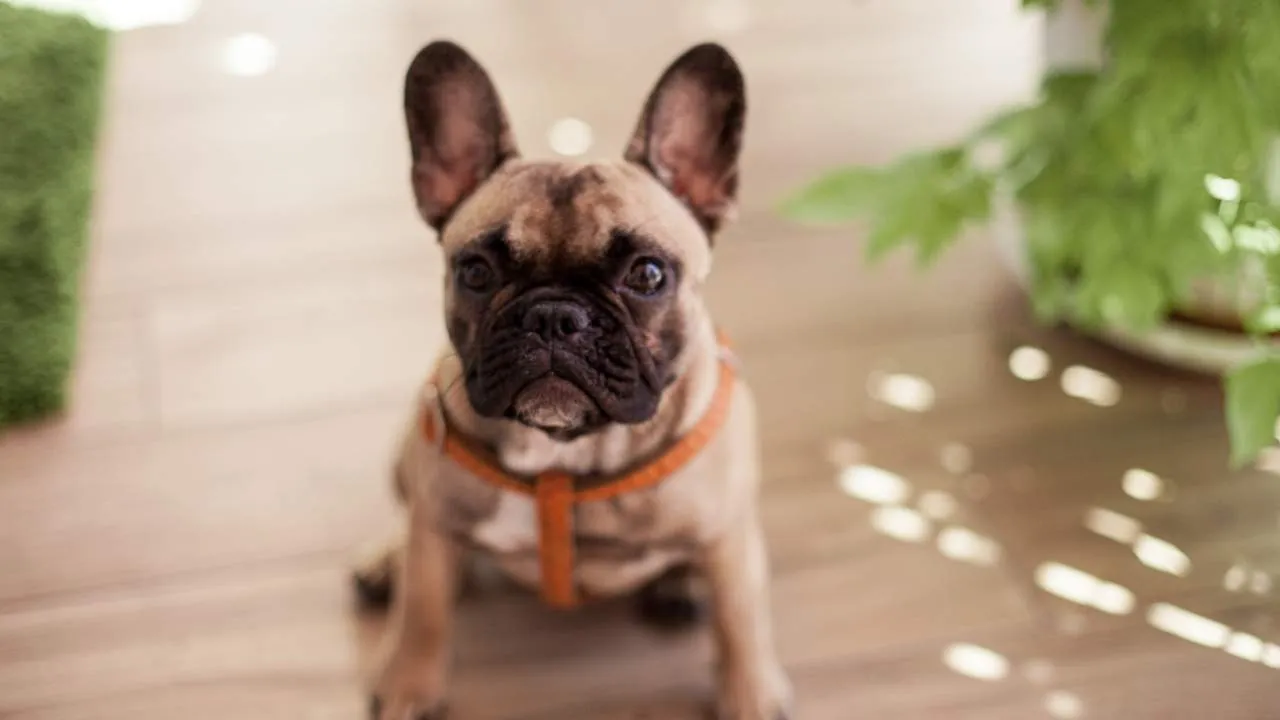
French Bulldogs are known for their distinct bat ears and lovable personalities, making them one of the most popular dog breeds that bark softly or barely at all when sensing danger. Their adaptability makes them ideal for apartment living without sacrificing alertness.
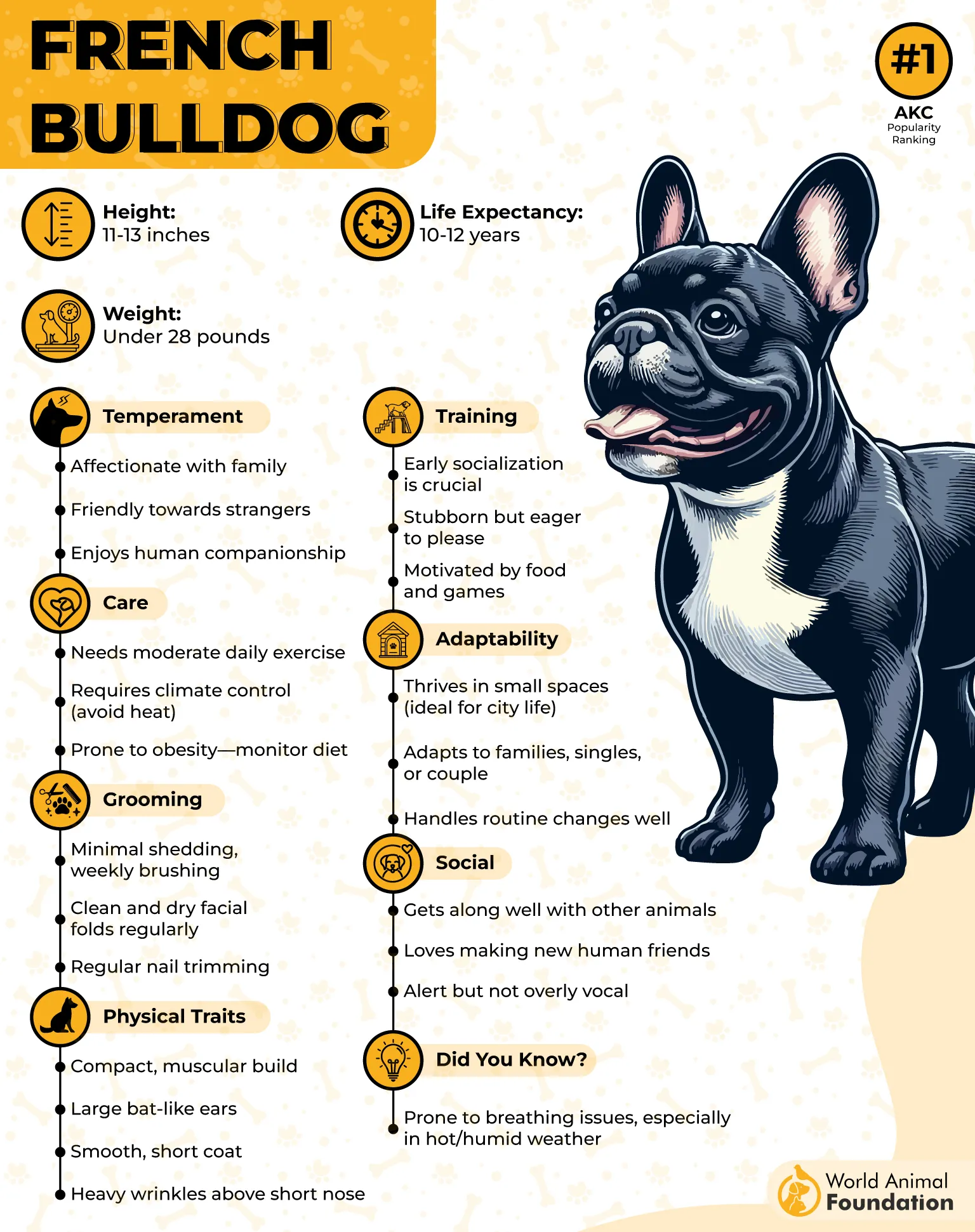
Unique Traits of the French Bulldog
Bat Ears: Their large, erect, bat-like ears give them an unmistakable and endearing look.
Not Great Swimmers: Their body structure makes swimming difficult, so they should be closely supervised near water.
Stubborn but Affectionate: While training can be a challenge, Frenchies are playful and deeply affectionate with their owners.

Celebrity Favorites: Frequently seen as beloved pets among celebrities.
Prone to Allergies and Breathing Issues: Their brachycephalic skull shape can cause respiratory difficulties and allergic reactions.
French Bulldogs may not bark loudly at a potential intruder, but their sharp senses and soft vocalizations can alert owners to unusual activity without disrupting neighbors.
Their low-energy temperament fits well with apartment living, and their affectionate nature ensures they make great companions for families.
5. Scottish Deerhound
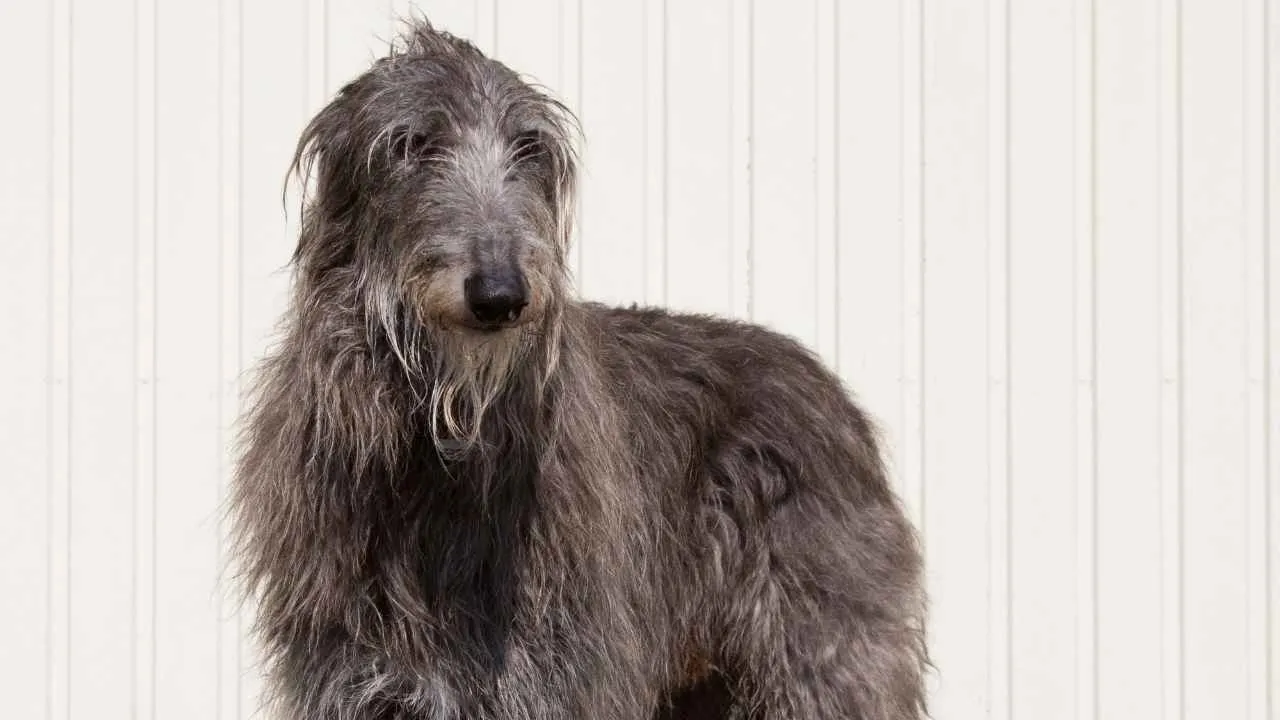
Scottish Deerhounds impress with their imposing size and calm demeanor. Unlike many large breeds that bark softly at perceived threats, these large dogs tend to be generally quiet, using their presence and sharp senses to protect their families without unnecessary noise.
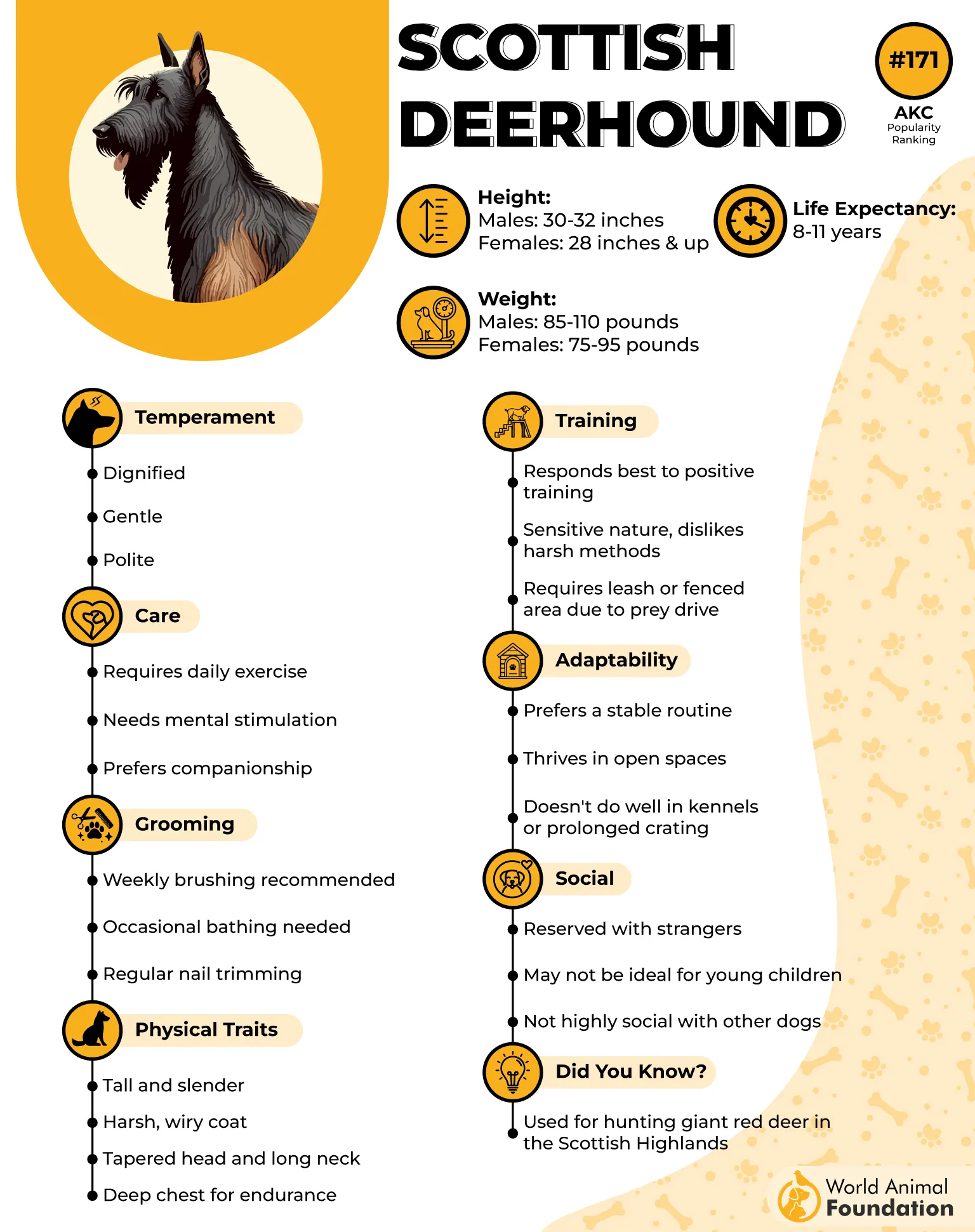
Unique Traits of the Scottish Deerhound
Wiry Coat: Their dense, wiry coat is perfect for harsh Scottish weather, softer on the head, chest, and stomach.
Hunting Heritage: Originally bred to hunt deer, they were once symbols of status among Scottish chieftains and nobles.
Gentle Giants: Despite their size and hunting roots, they are affectionate and gentle with their families, including small children.
Not Known for Barking: Even when the doorbell rings, Scottish Deerhounds rarely bark, making them ideal for owners who want a quiet dog.
Need for Space and Speed: Built for speed, they thrive in homes with large, securely fenced yards where they can run and stretch their legs.
Their quiet nature means they won’t add noise to the household but will alert to perceived threats with calm presence. Like other sighthounds, they require special attention to health issues such as dilated cardiomyopathy and bloat, and their sensitivity to anesthesia means care during veterinary procedures is important.
6. Whippet
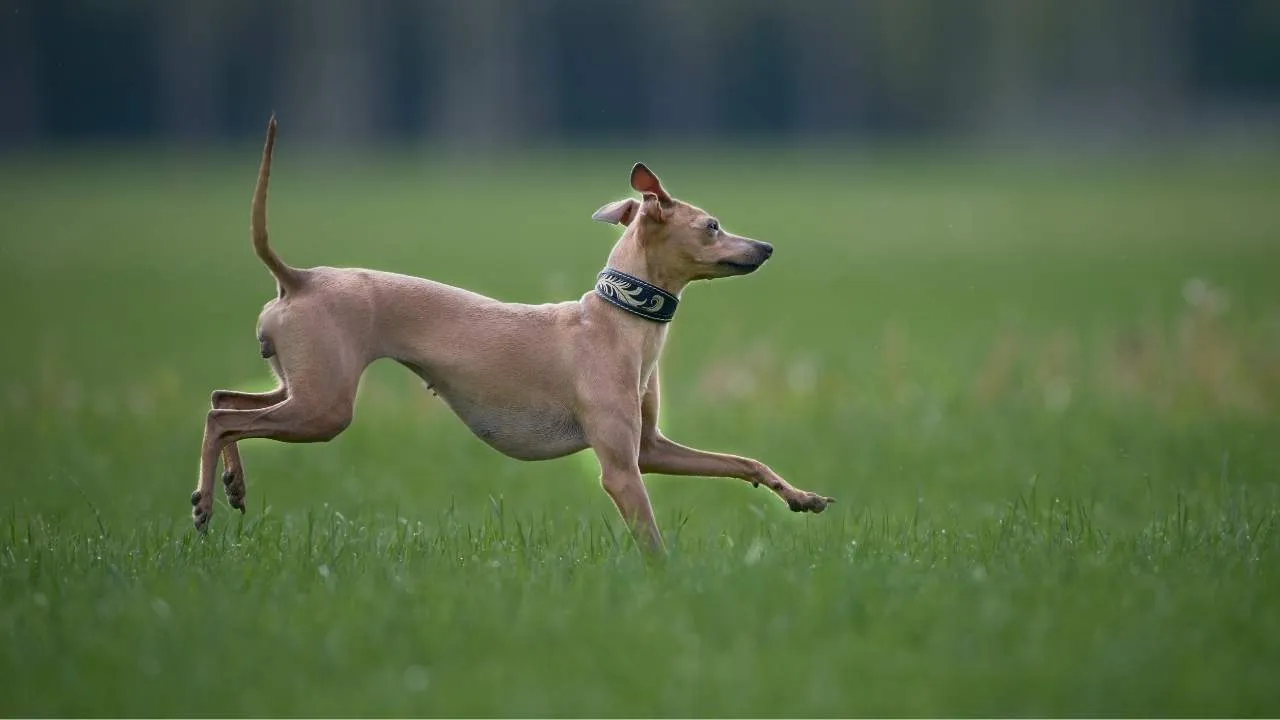
Whippets combine speed and grace with a gentle demeanor. Unlike many dogs that bark loudly at strangers or potential threats, Whippets tend to be quiet, alerting their humans softly while blending well into family life.
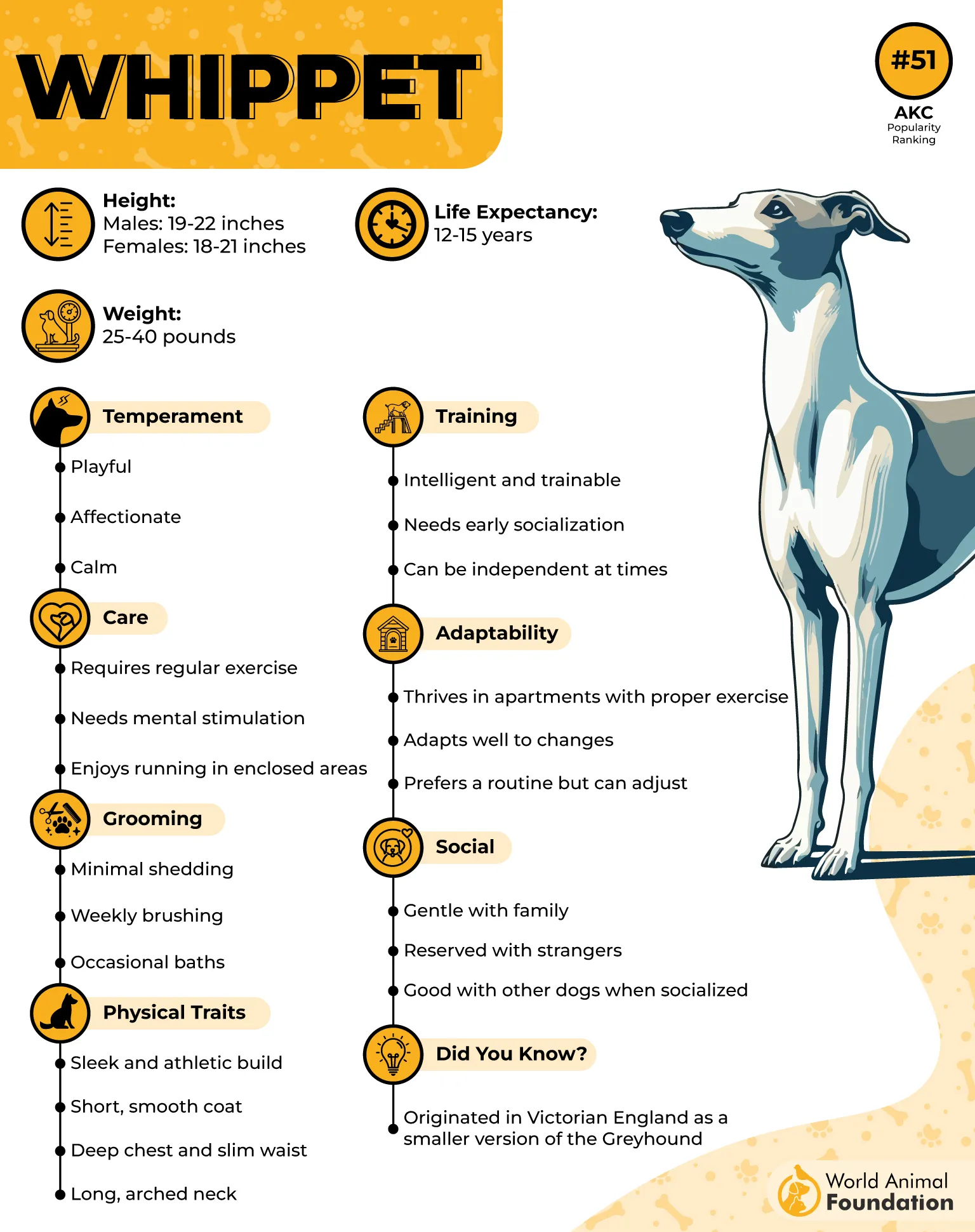
Unique Traits of the Whippet
High-Speed Sprinters: Known as one of the fastest dog breeds, their lean build and powerful muscles let them reach impressive speeds.
Double Suspension Gallop: Whippets have a unique running style where all four legs lift off the ground simultaneously, making their movement smooth and efficient.
Affectionate and Playful: They form close bonds with their families, enjoying cuddles and playtime.
Quiet and Gentle: Whippets are generally quiet dogs, not prone to excessive barking, which suits apartment living with adequate exercise.
Independent and Sensitive: While they love humans, they can be independent thinkers and may suffer from separation anxiety.
Whippets are excellent companions for families with pups and adults alike, offering loyalty and calm presence. Their quiet nature and gentle temperament make them well-suited for homes where peace is valued.
Despite their speed and hunting background, Whippets thrive in a nurturing environment with plenty of human interaction and exercise.
7. Japanese Chin
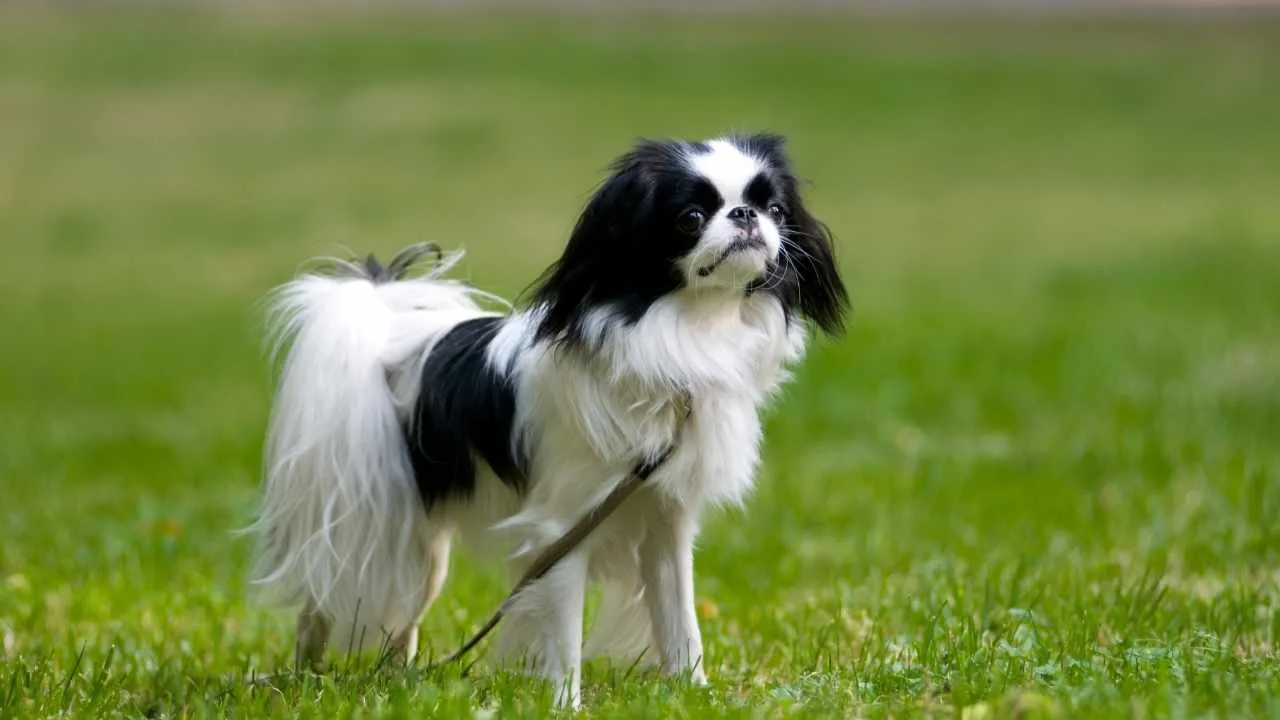
Japanese Chin is a small dog known for its graceful appearance and gentle temperament. They tend to be generally quiet, using soft barks or subtle alerts when sensing potential threats.
According to WebMD, their combination of intelligence and affectionate nature makes them great companions for families and individuals alike.
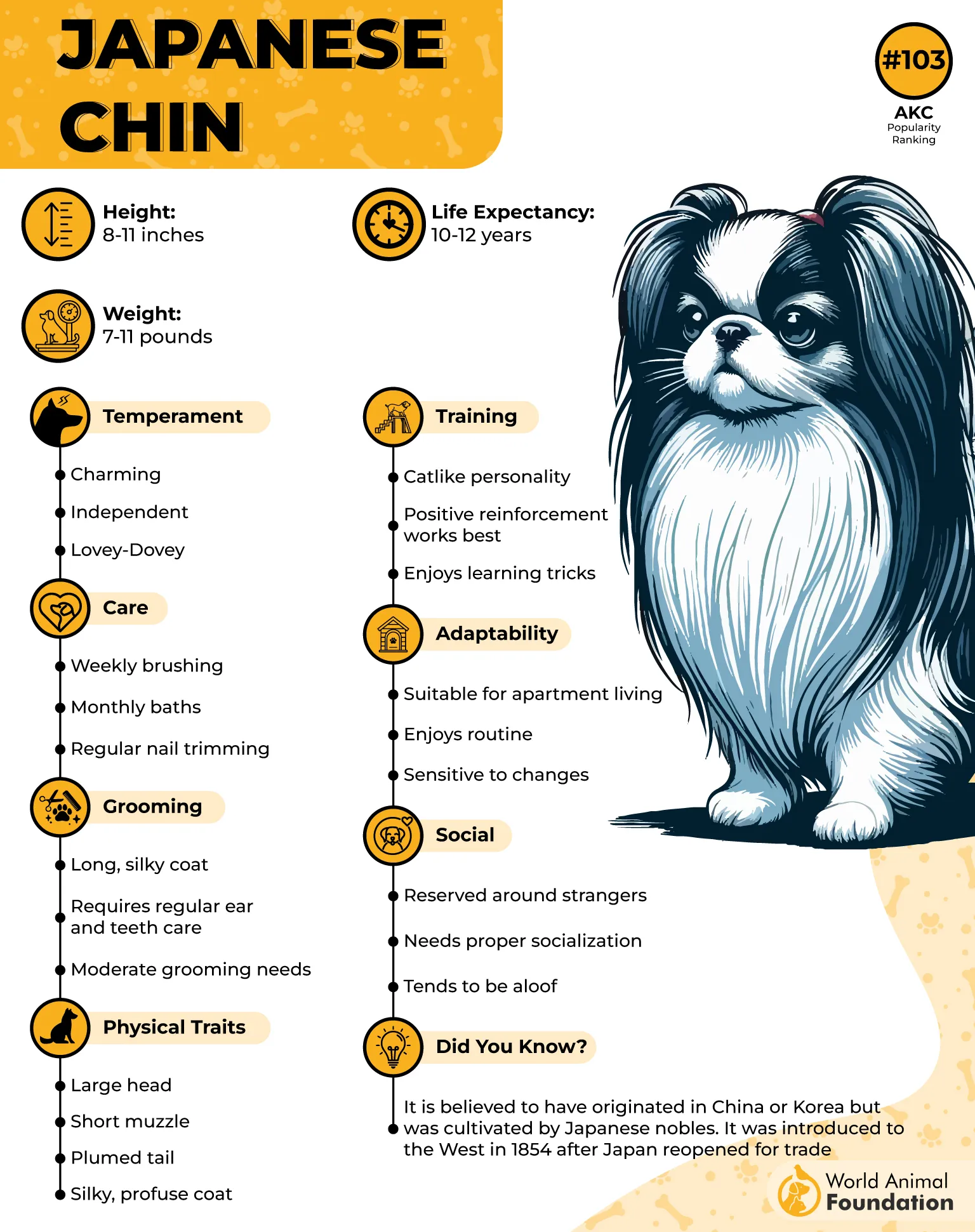
Unique Traits of the Japanese Chin
Elegant Appearance: With their silky coats and expressive eyes, Japanese Chins carry an air of regal sophistication.
Compact Size: Their small size makes them ideal for apartment living without sacrificing their alertness.
Playful and Affectionate: Known to be playful pups, they form strong bonds with their humans and enjoy interactive play.
Intelligent and Trainable: Their sharp senses and intelligence make them responsive to training when approached with patience.
Sensitive to Noise: They tend to be more prone to stress in noisy environments, so a calm home suits them best.
Japanese Chins have a history as companions to nobility in Japan and China, which shines through their poised demeanor. This breed thrives in homes where they can enjoy both human interaction and peaceful rest, making them a wonderful choice for small families or apartment dwellers looking for a protective yet gentle pet.
Conclusion
Not all dogs show aggression by barking loudly when danger is near. Many breeds with sharp instincts prefer to listen carefully and give a soft alert instead of overwhelming noise. These quiet guard dogs offer protection without the chaos of constant barking, making them ideal for families and living situations where peace matters.
What this means is that understanding and appreciating dogs that bark softly can lead to a safer, calmer home where both pets and people feel secure without the loud barking noise.


